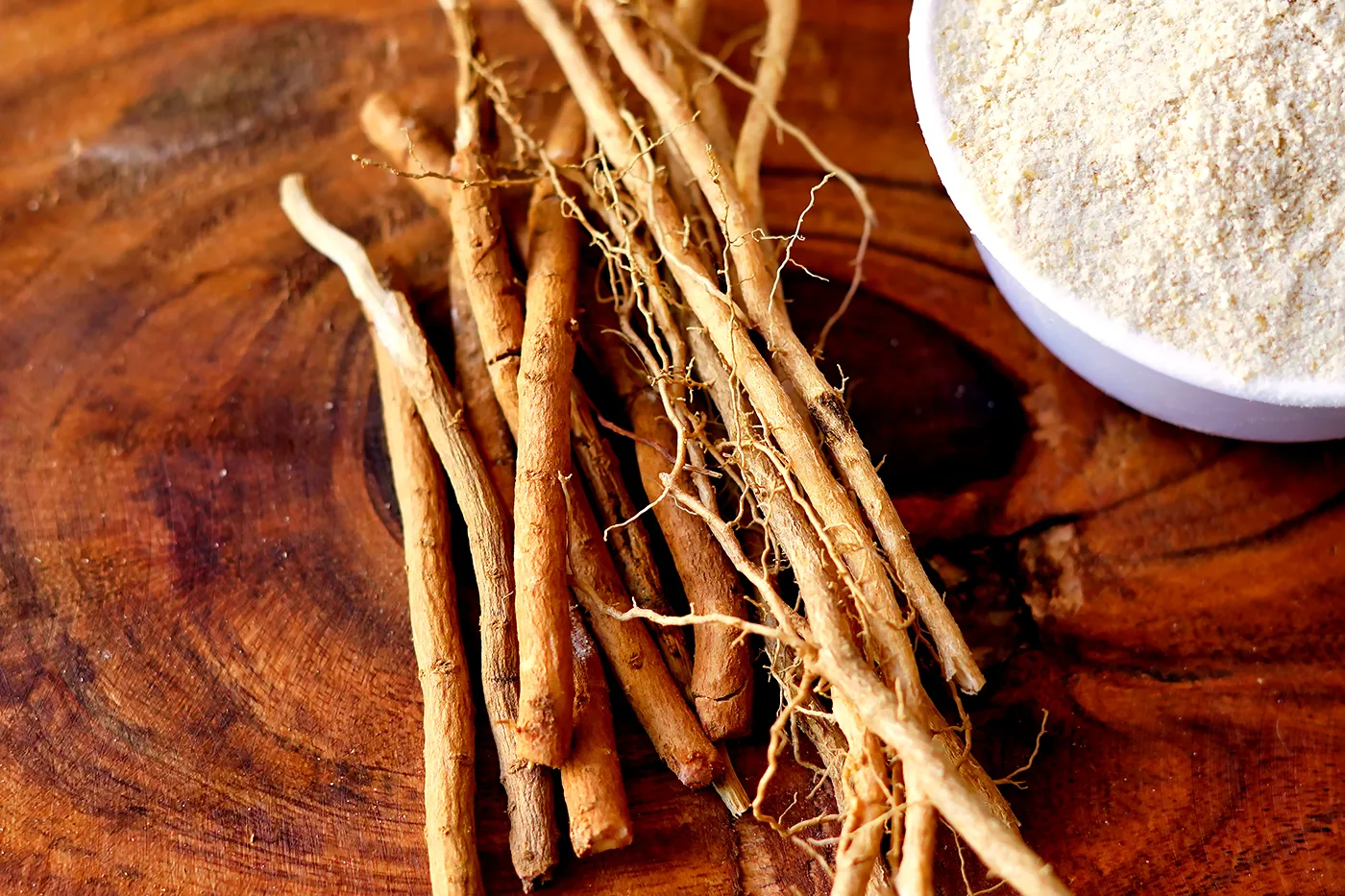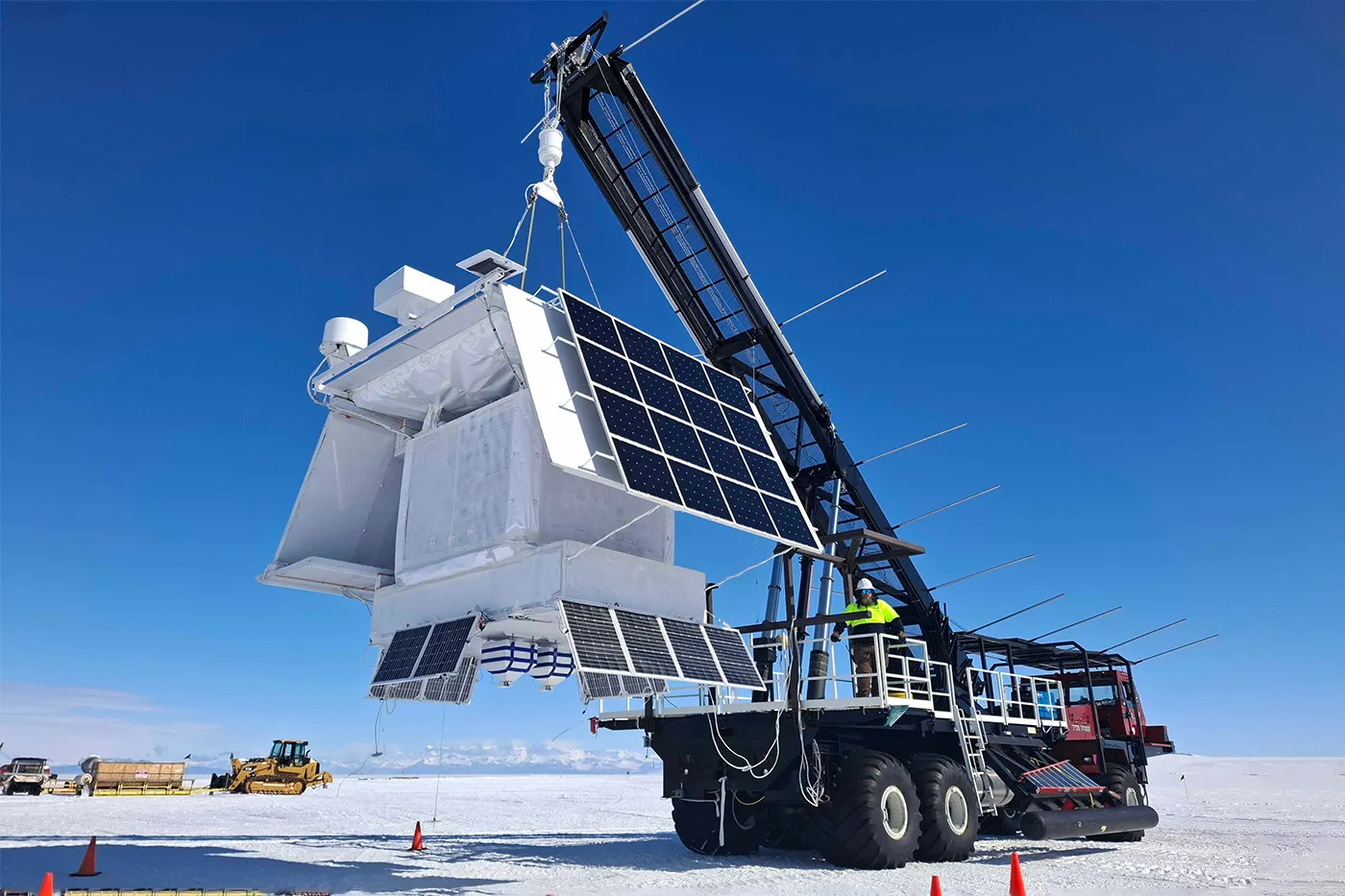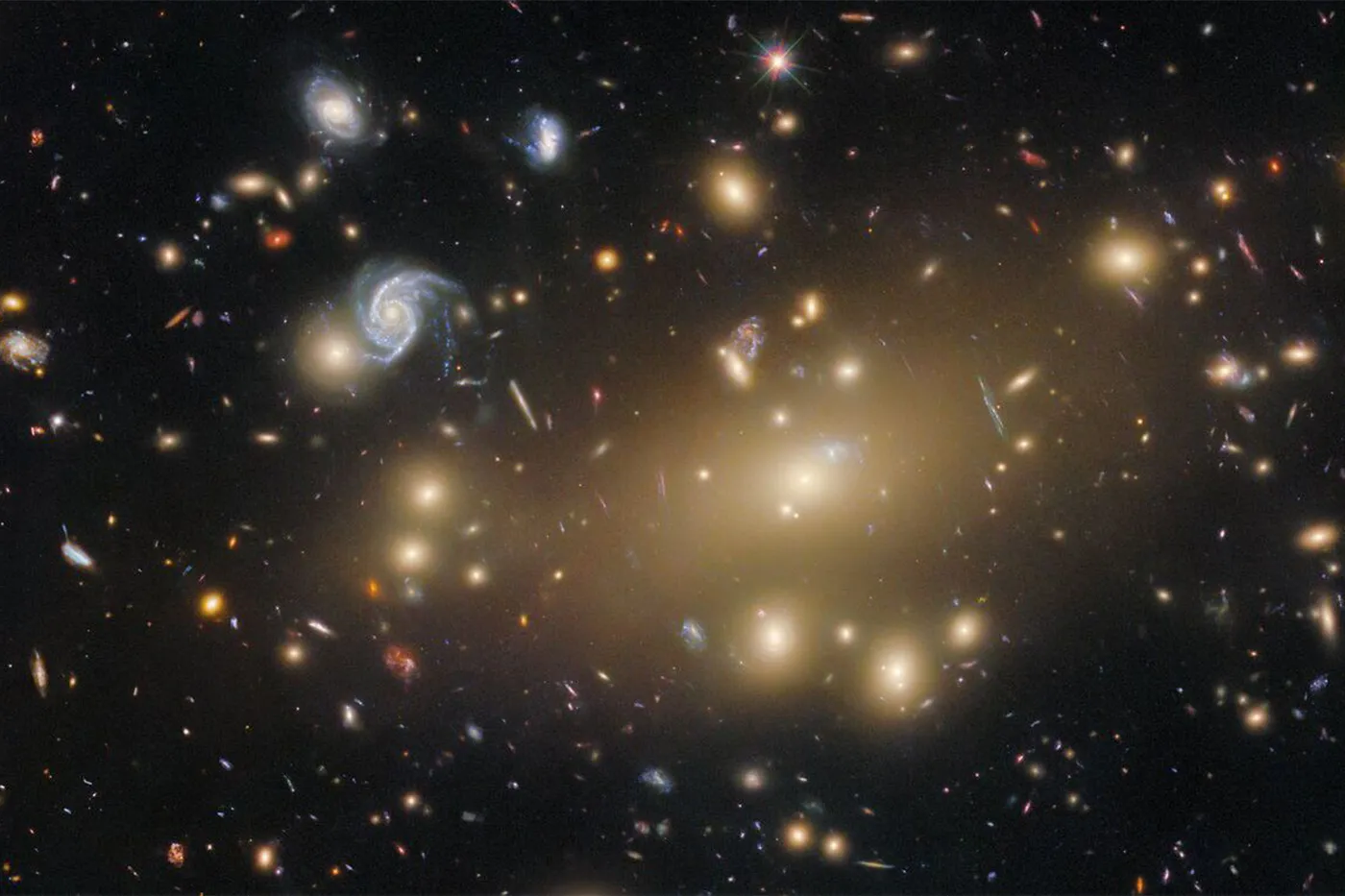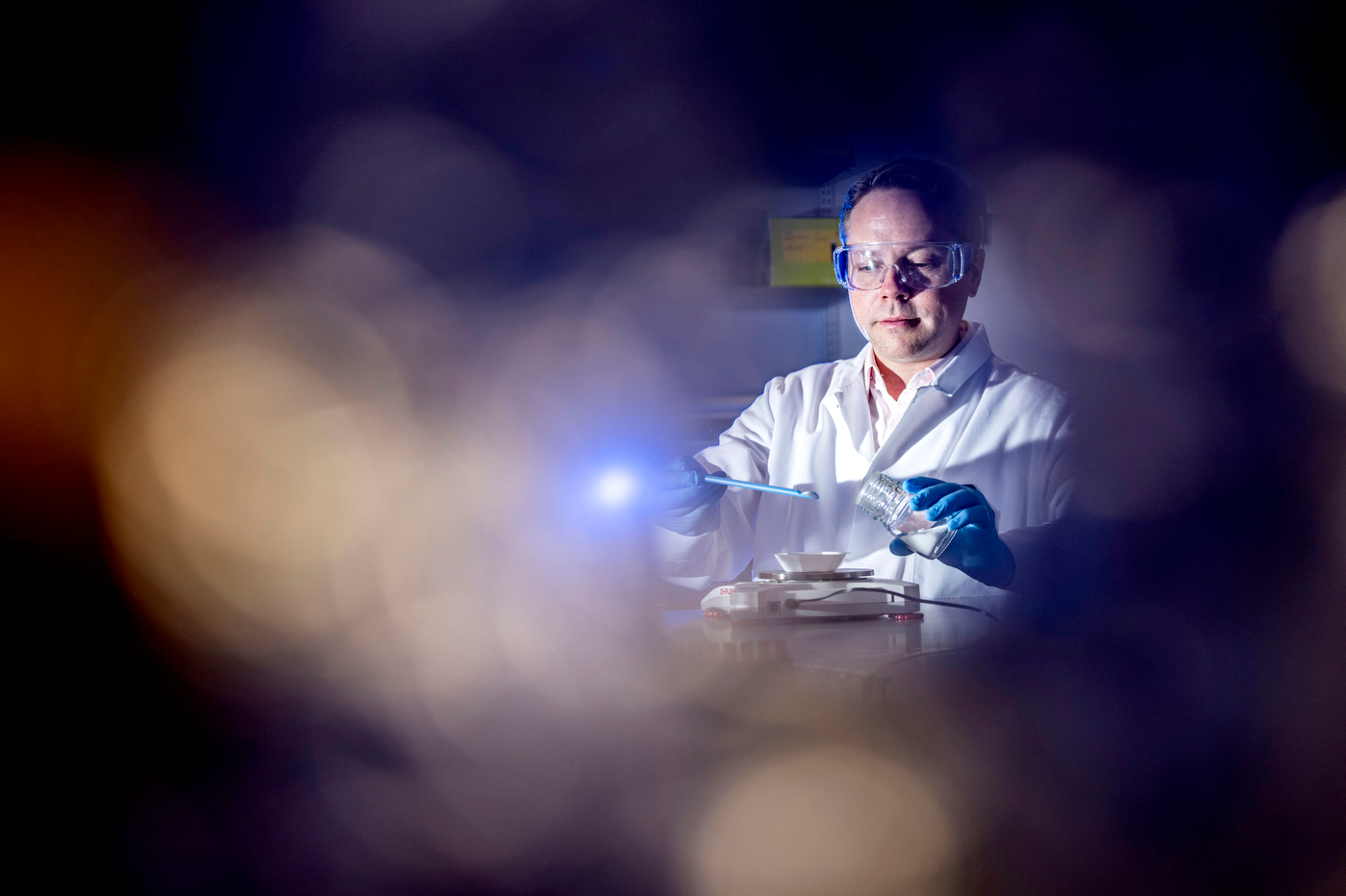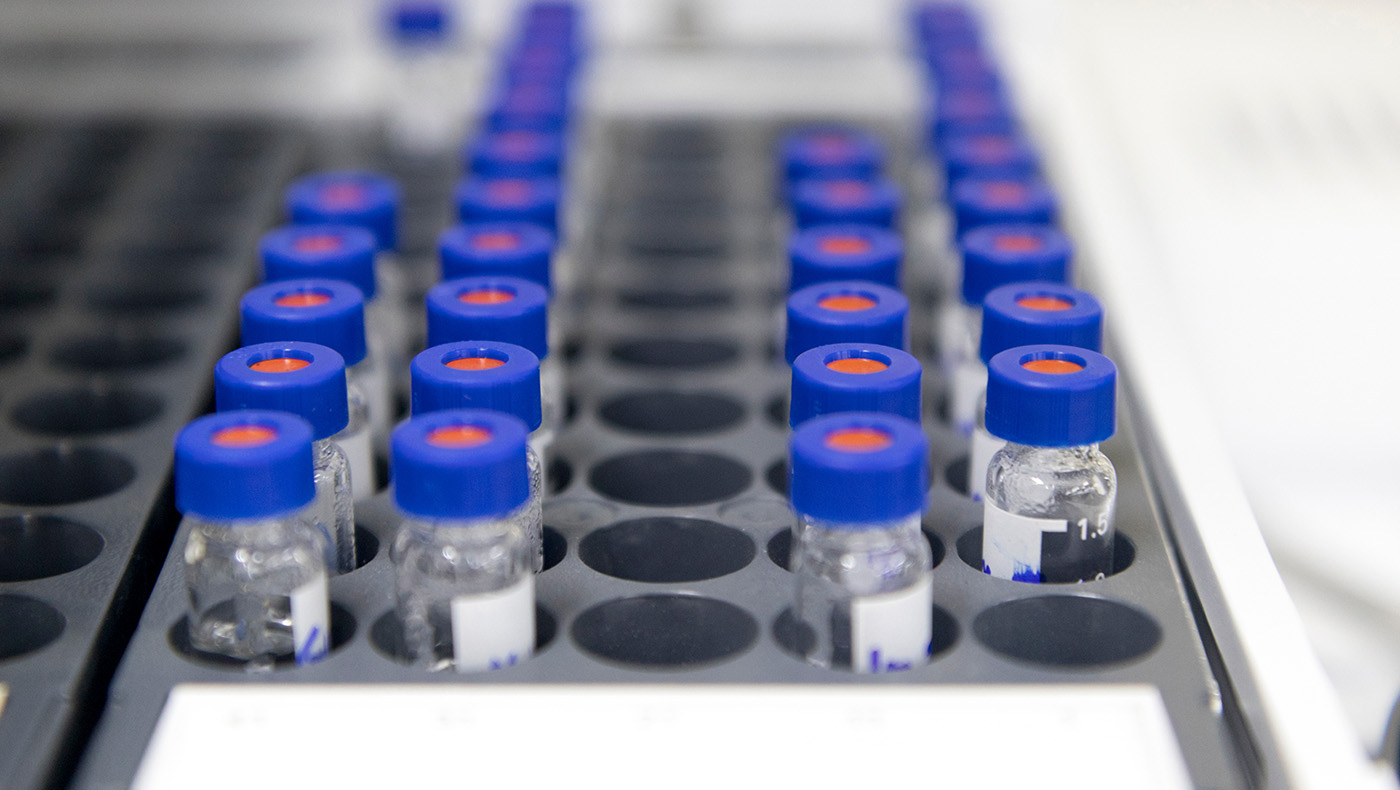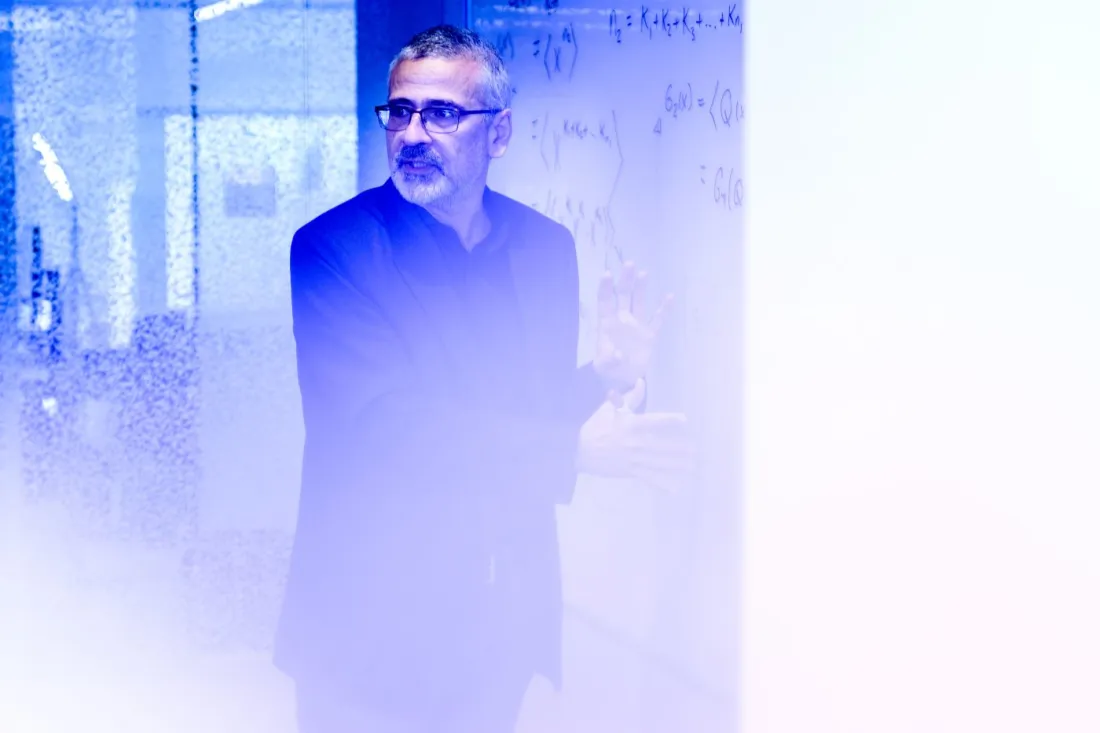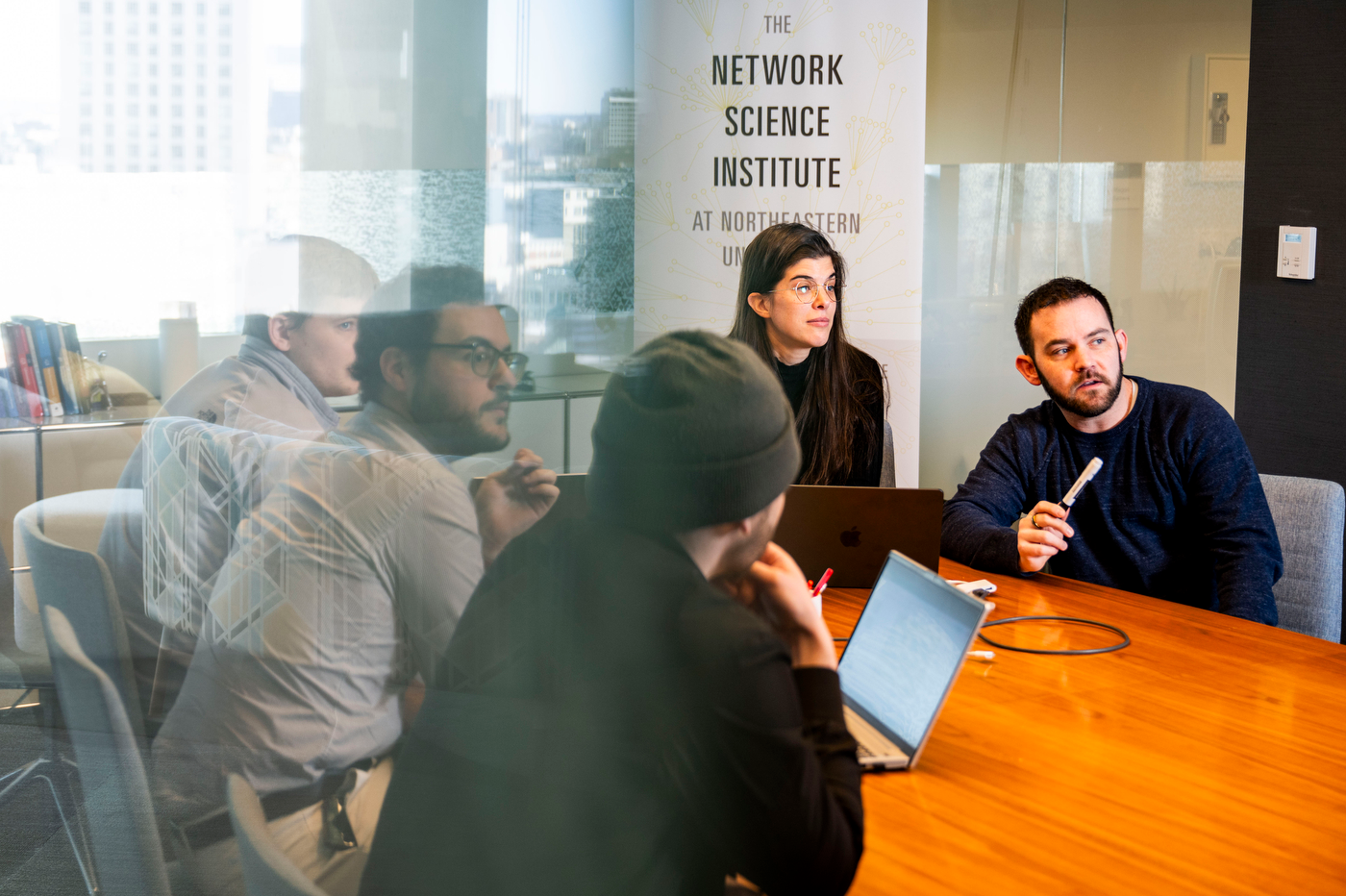Mrs. Rubin, a substitute Biology teacher sometime during high school, opened my eyes to hands-in education. We were learning Ecology the rote-memorization way, a large number of animal groups, eating one other, up the food chain. One morning, Mrs. Rubin gave each of us four stakes, a ball of twine, a ruler and some small containers, instructing us to mark off a 2-foot square plot anywhere we chose on the school grounds. Wow! We were not sure this was even allowed but obeyed with glee. And we were to conduct an inventory on our plot to quantify how the food chain animals were distributed. I put my plot in the library garden, thrilled to rout (aka root) around, collecting small beetles, bugs, various worms, snails, tiny jumping springtails, a spider, and a praying mantis. Then I came across a very large moth, with blue eyespots on its grey coat, wingspan wider than my hand. I called Mrs. Rubin who calmly held her hand next to the moth, which calmly climbed on. It likes the warmth of my hand, she said. We admired the lovely animal, and I did not put it in a container but left it to enjoy my plot. I have no recollection of what we did with the inventory. Perhaps we realized that most of the animals were herbivores near the bottom of the food chain, and only the lone spider and mantid were carnivores. But the transcendent power of moving from textbook to the real thing has stayed with me across decades, and the immeasurable valuable of learning hands-in.
We do hands-in at Northeastern University really well. (I know it’s usually called hands-on, but I think my term reflects the immersive participation better.) We call it Experiential Education, that leads every student to understand why their academics are so useful. Experiential is in Northeastern’s deepest history, starting with work as a way to pay for college, morphing into work as a way to understand what college is for. Co-op is our Northeastern unique signature, it takes so much work to give students the opportunity, but it is so worth it, for everyone.
On March 12, I was thrilled to open the College of Science Spring Co-op Mixer in Curry Student Center, with many undergraduates and graduate students and many employer-partners. Groups of students connected with prospective employers, to discuss Co-op options. Our employer-partners value their connections with Northeastern, with our outstanding students and our wonderful COS Co-op Teams. I would like to warmly thank Undergraduate Co-op Director Katie Dioli and Graduate Co-op Director Vanecia Harrison Sanders for their outstanding leadership, and warmly thank every other member of the COS Co-op Undergraduate or Graduate Teams for your outstanding work. Our Co-op placements are among the very highest at Northeastern. Thank you and congratulations for making the promise of Co-op real for each College of Science undergraduate, and for increasing numbers of graduate students. Thank you.
As you know, Experiential Learning at Northeastern goes beyond Co-op, into research, service, global experiences, and multiple creative lab classes. To the faculty teaching these students, mentoring them, and providing valuable research experiences, and to all the staff involved in any way, thank you.
Every day, we give our College of Science students at every level opportunities way beyond a two-foot square plot, but the idea is the same. Learn by routing (or rooting) about, hands-in, growing to understand where you want to put your talent and time. Learn what your academics are for, and what is interesting to you. Thank you to every staff member, every faculty member for contributing to our important, wonderful experiential Northeastern University landscape.

